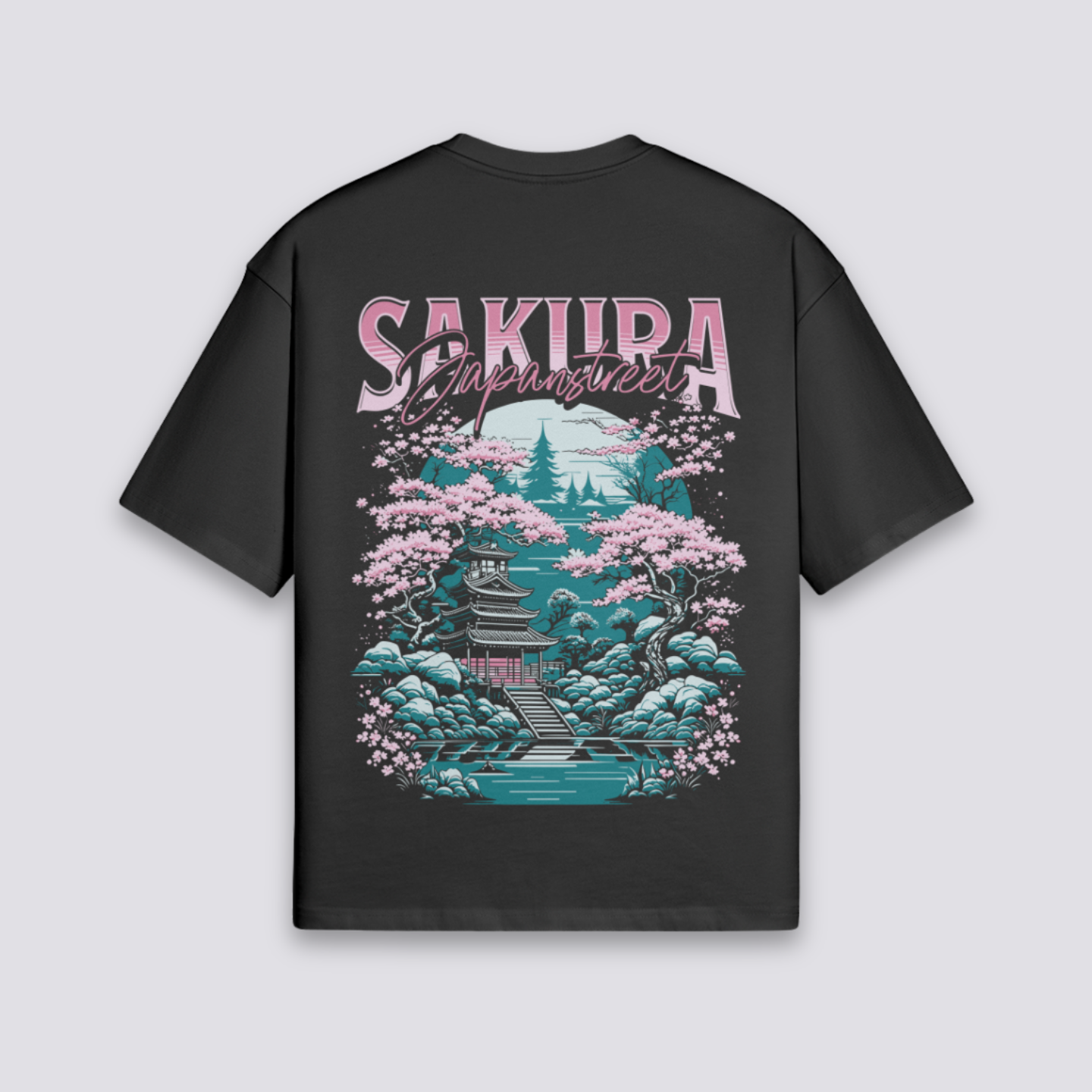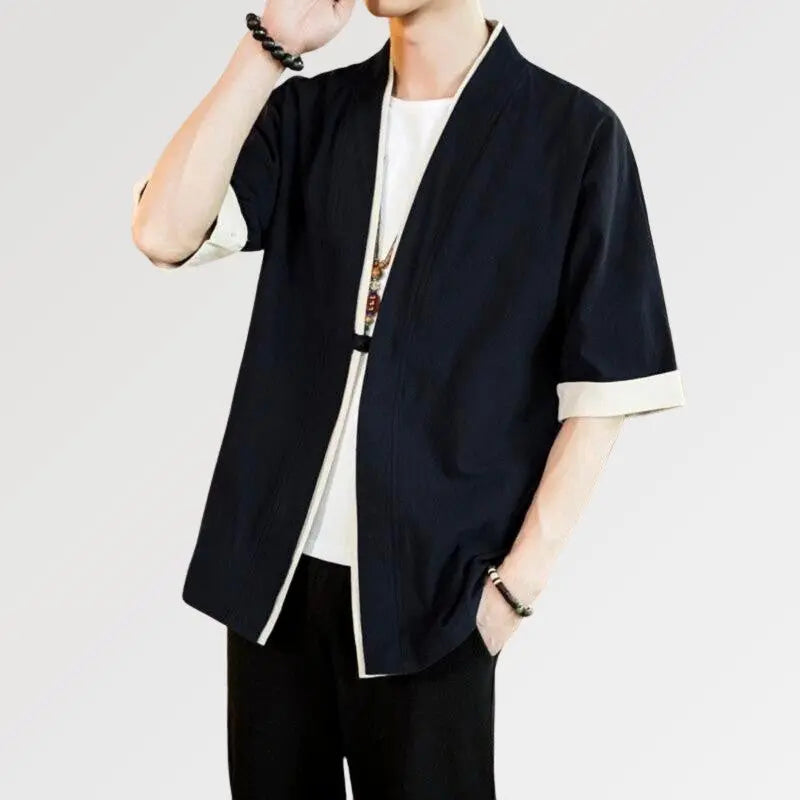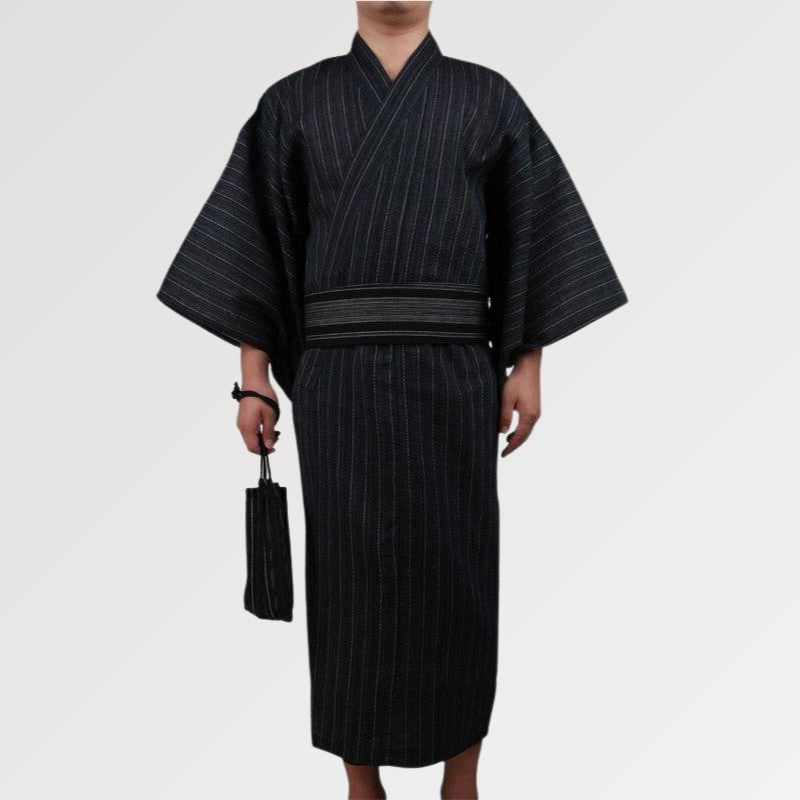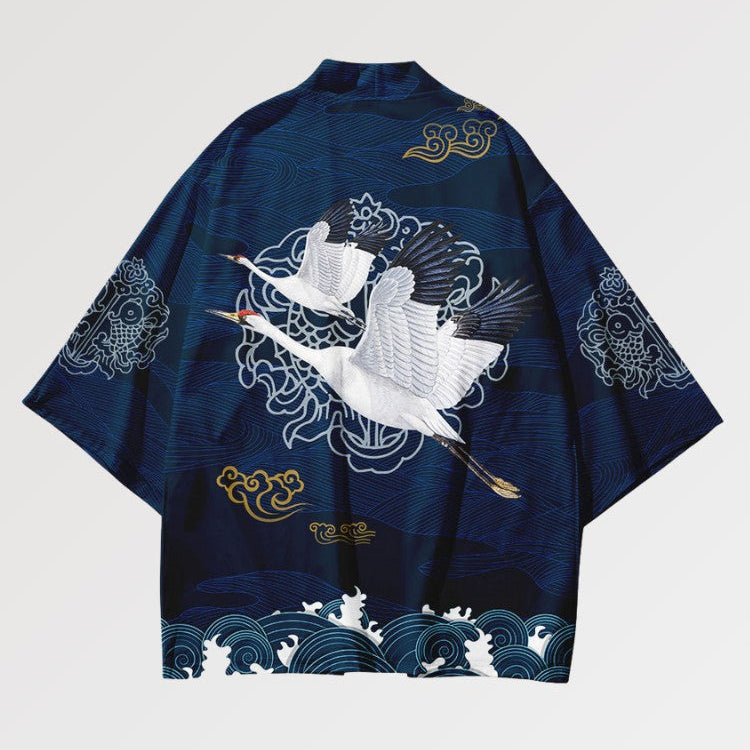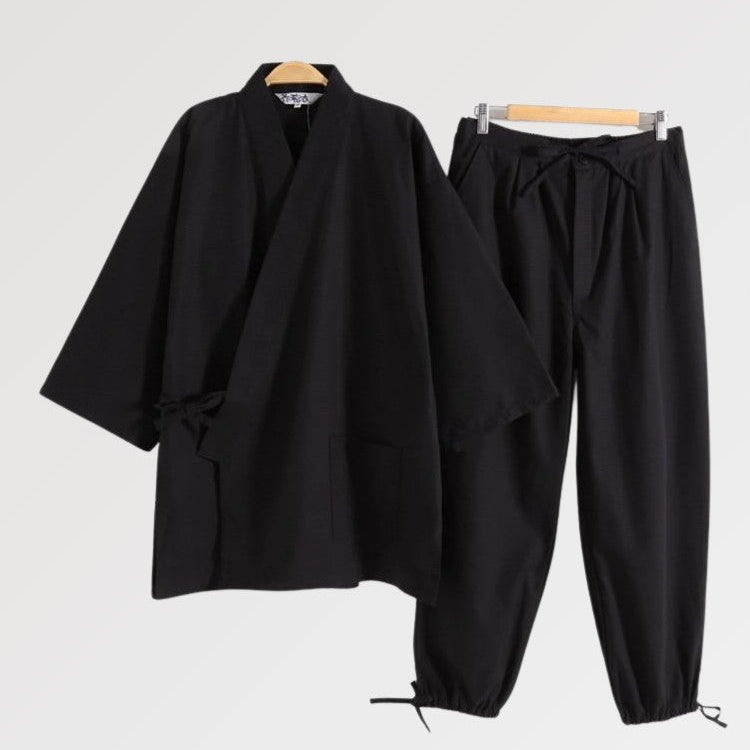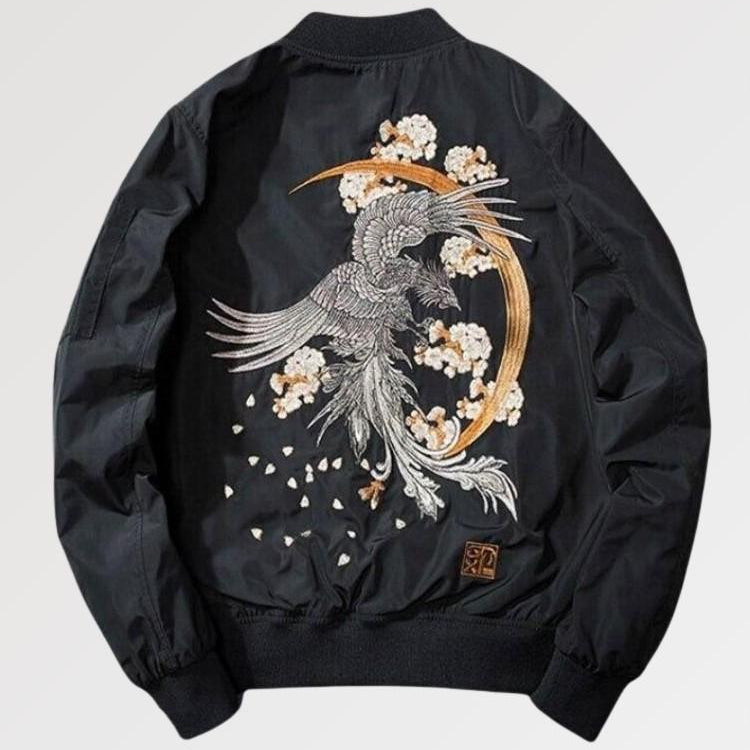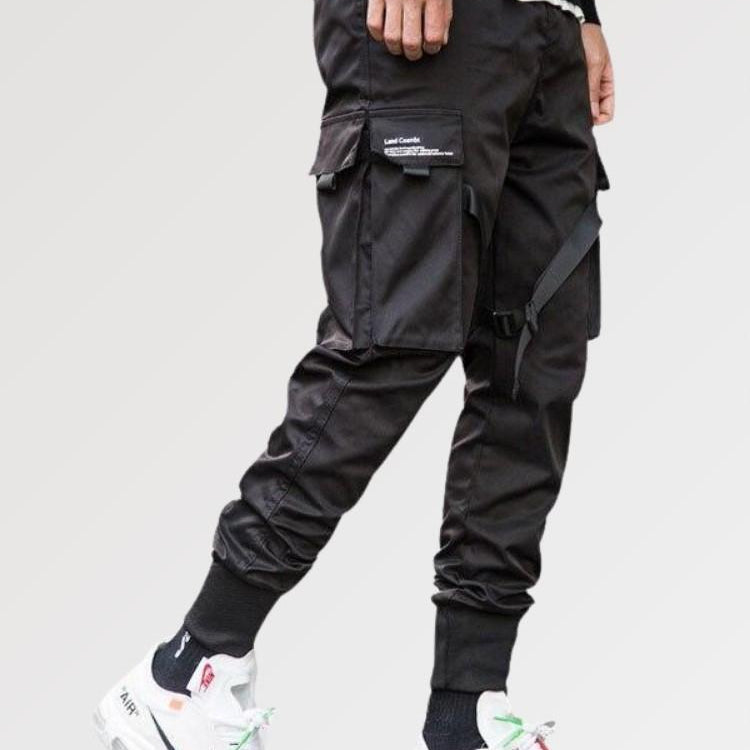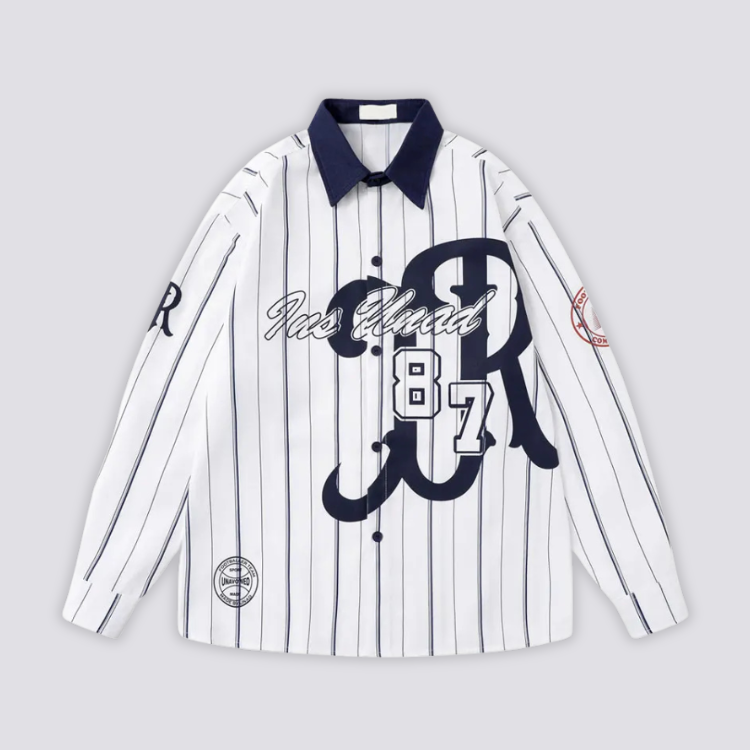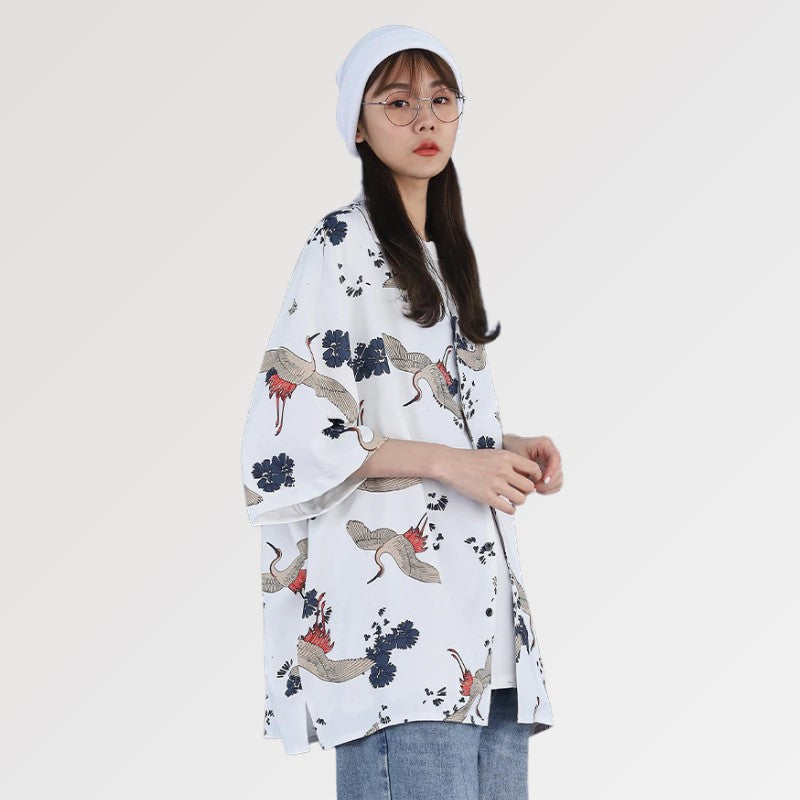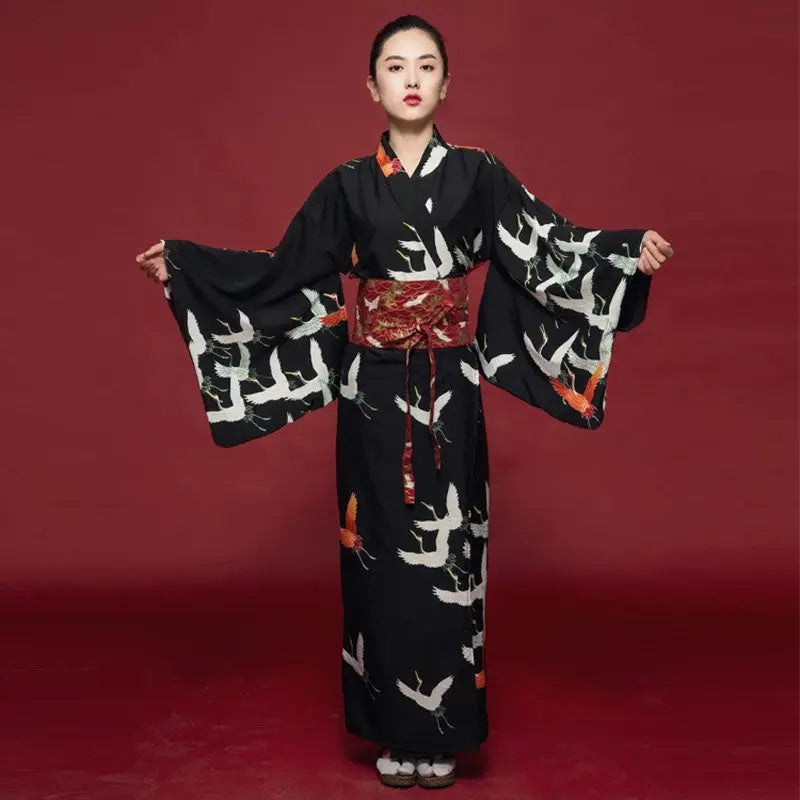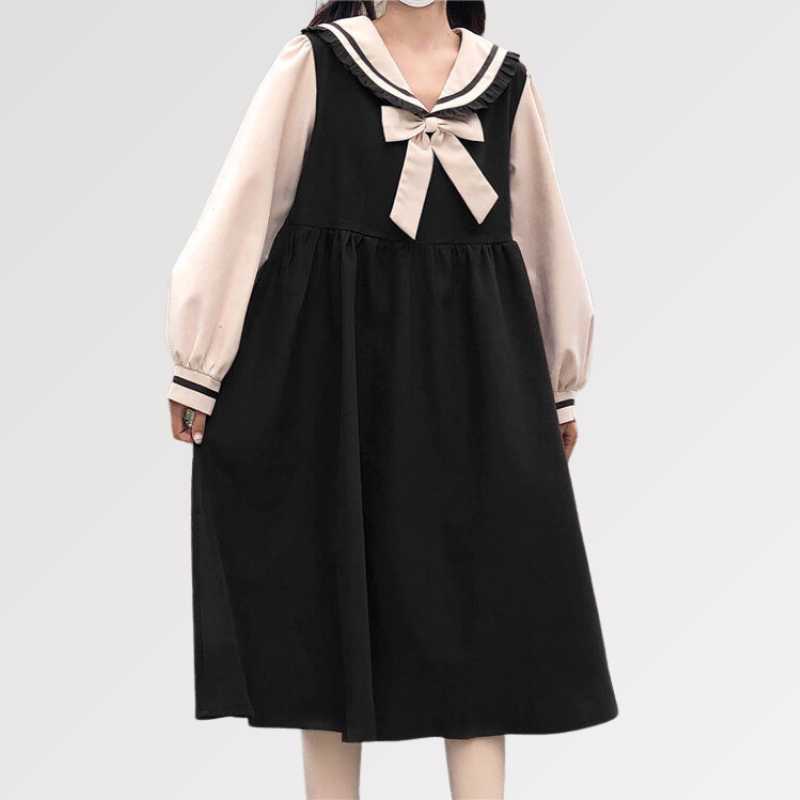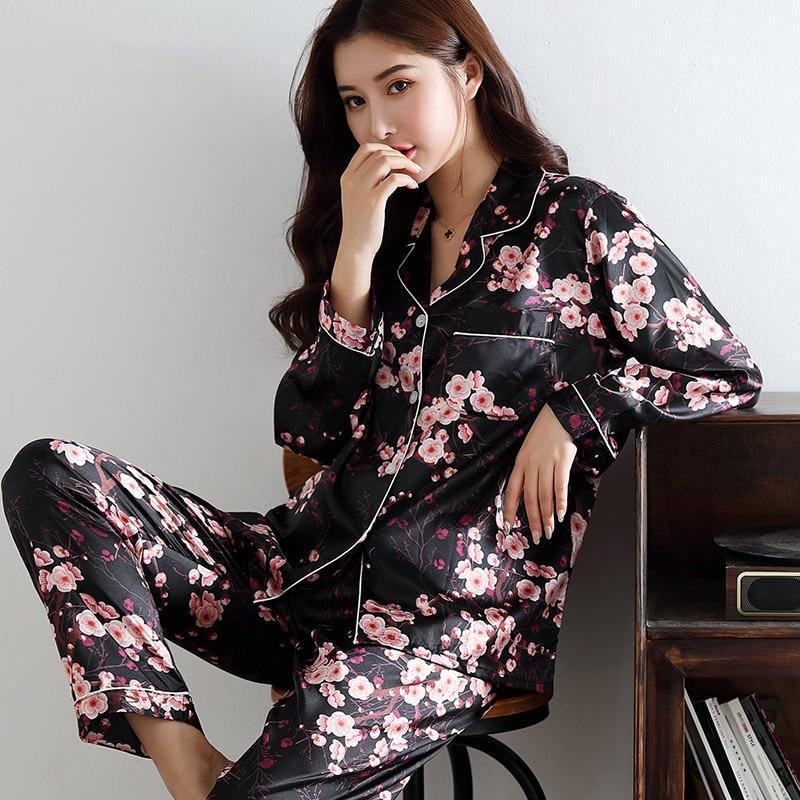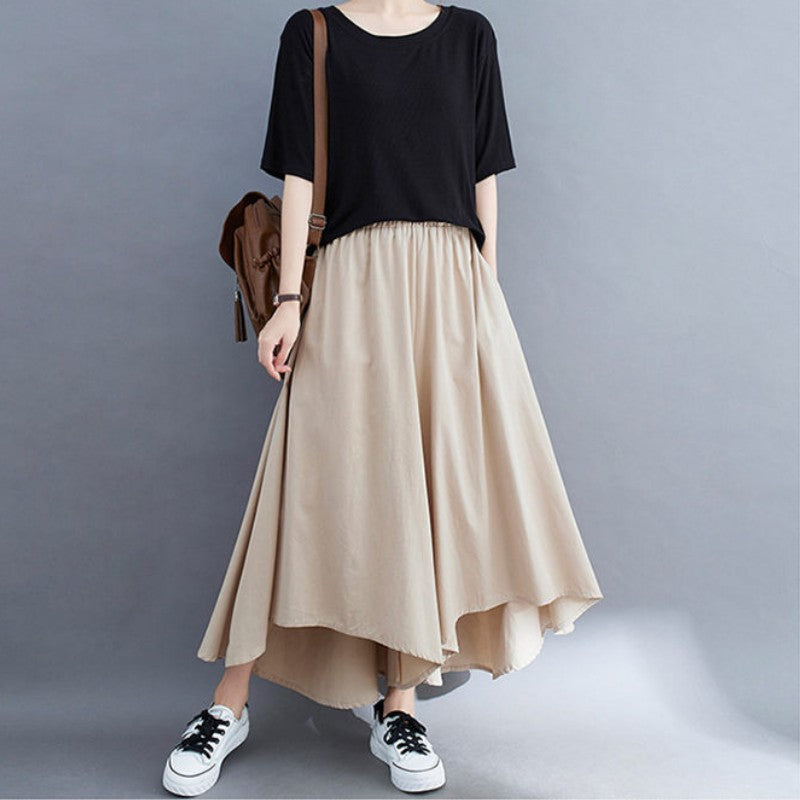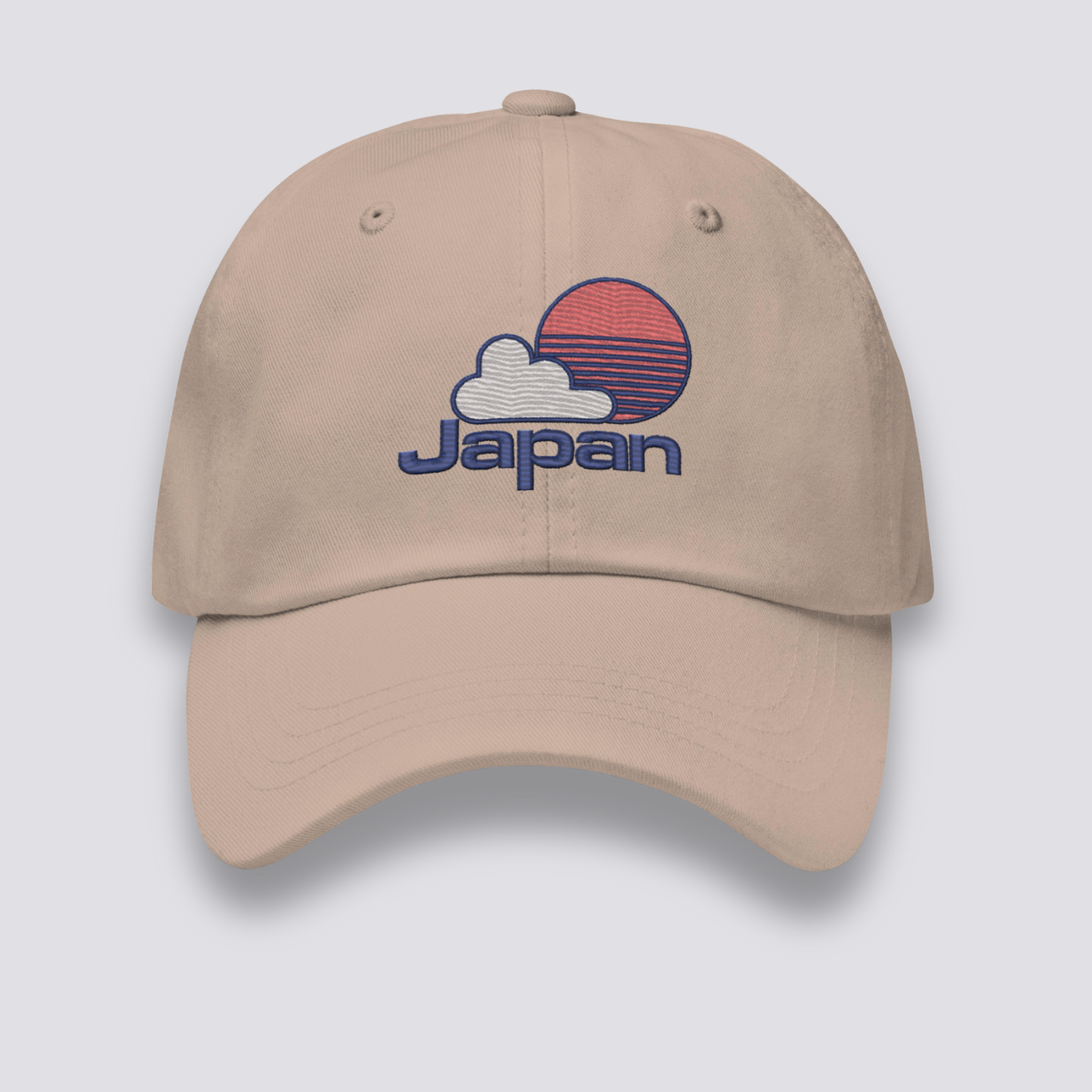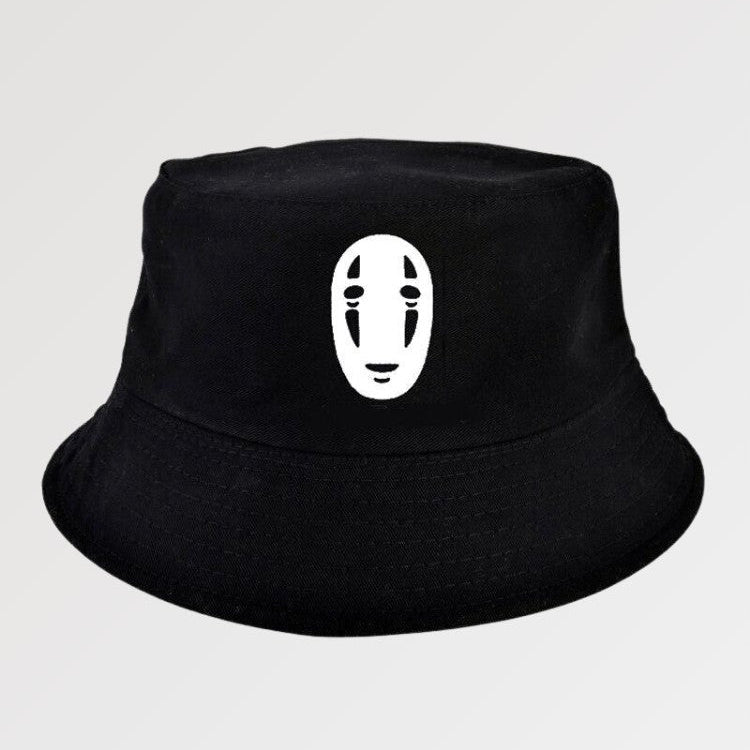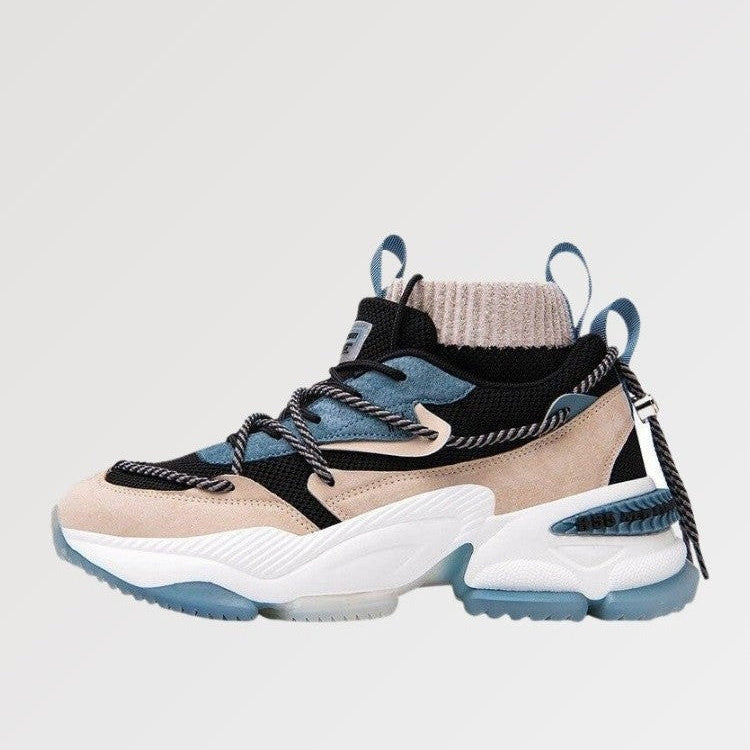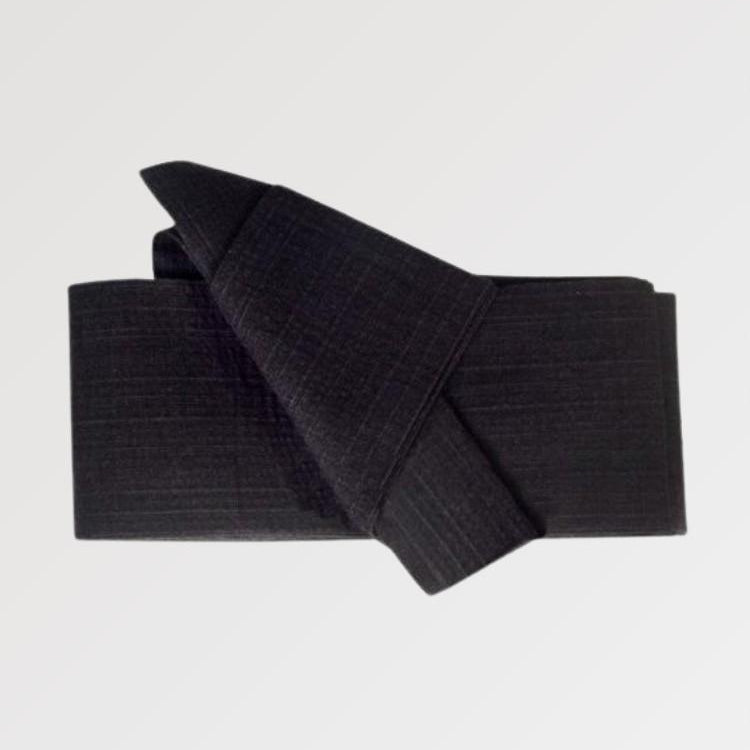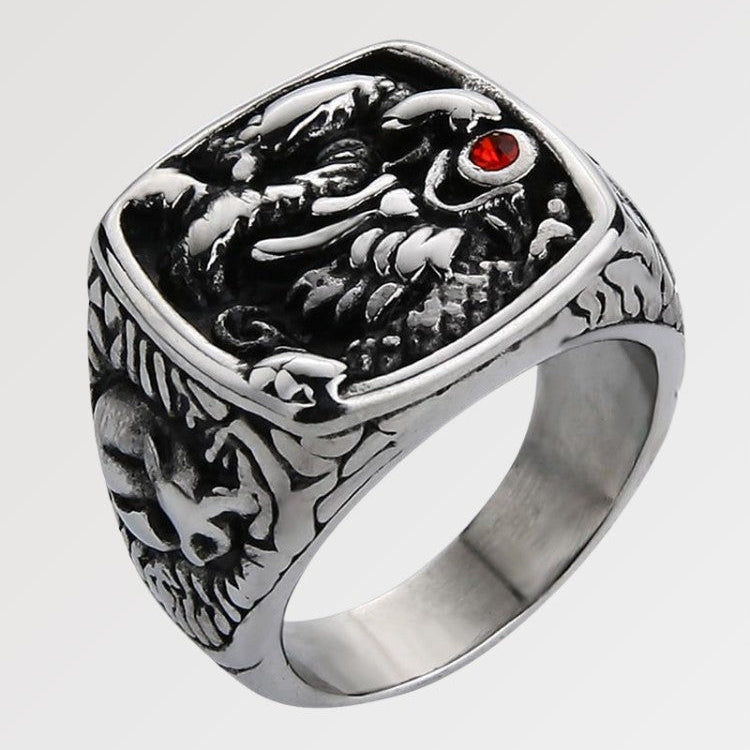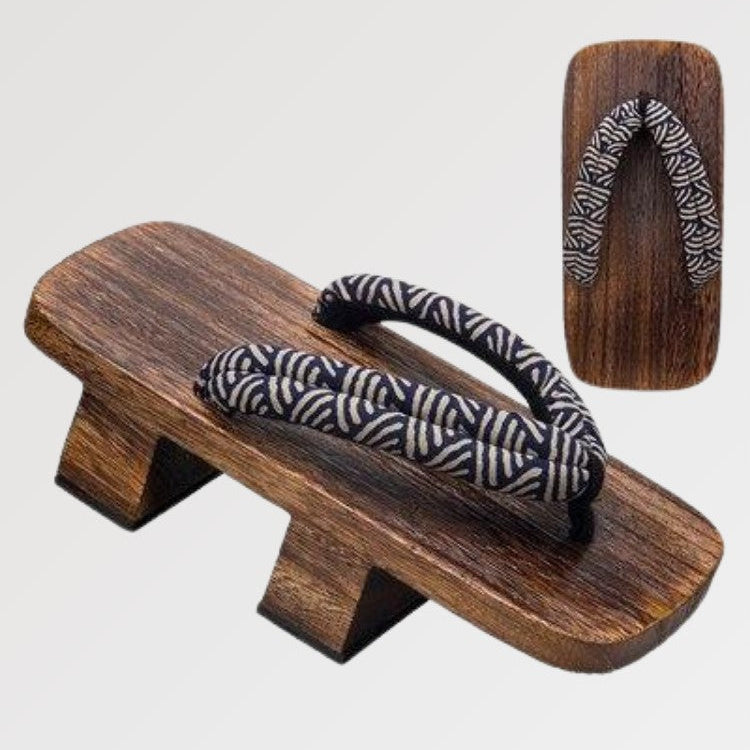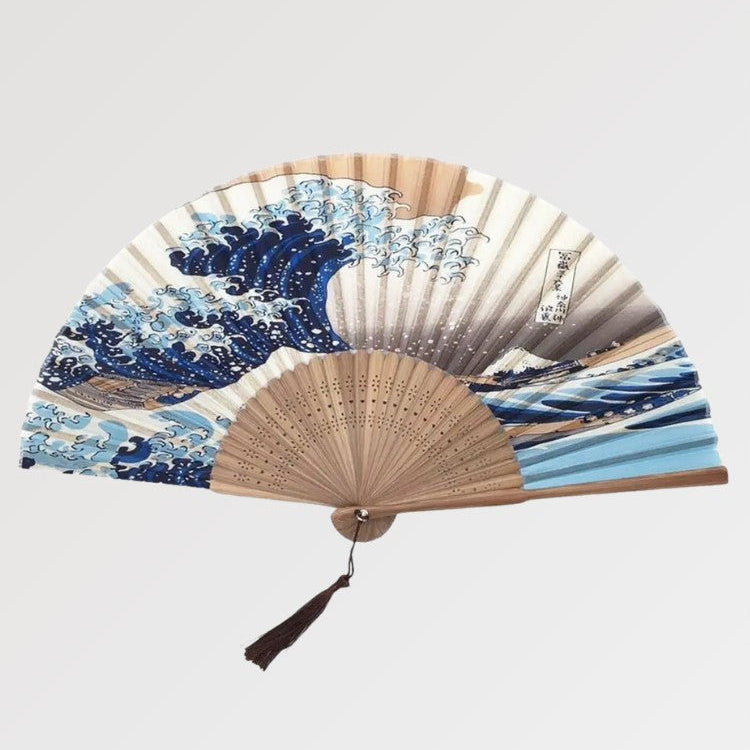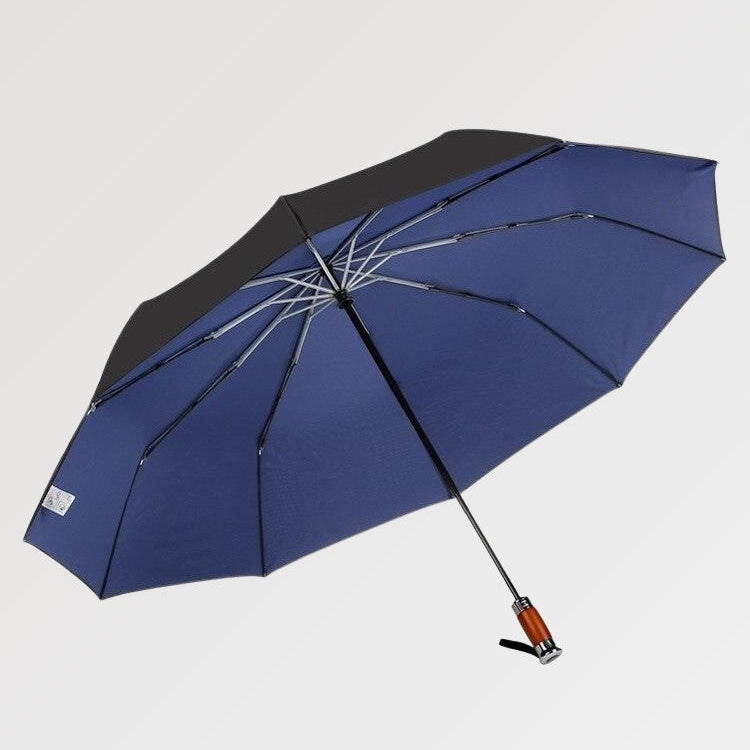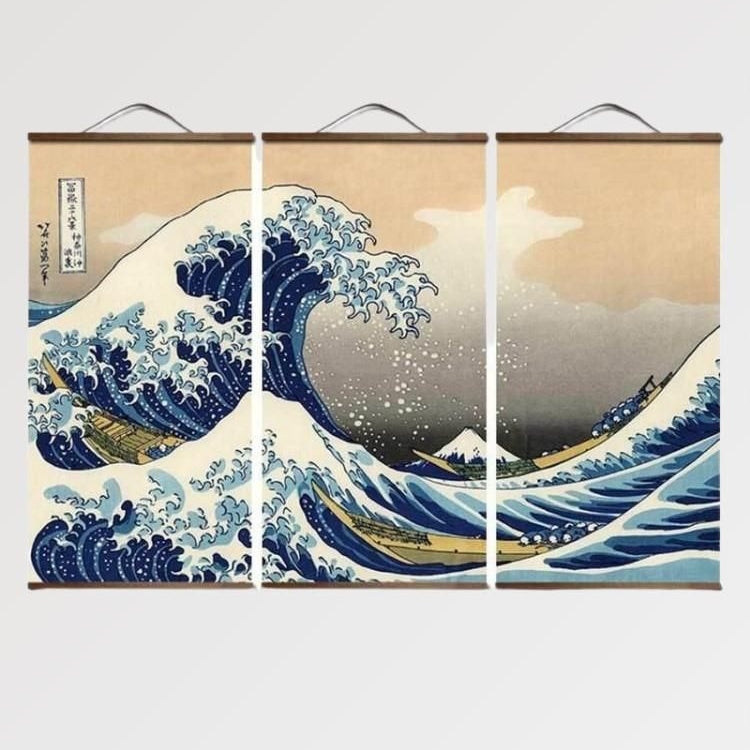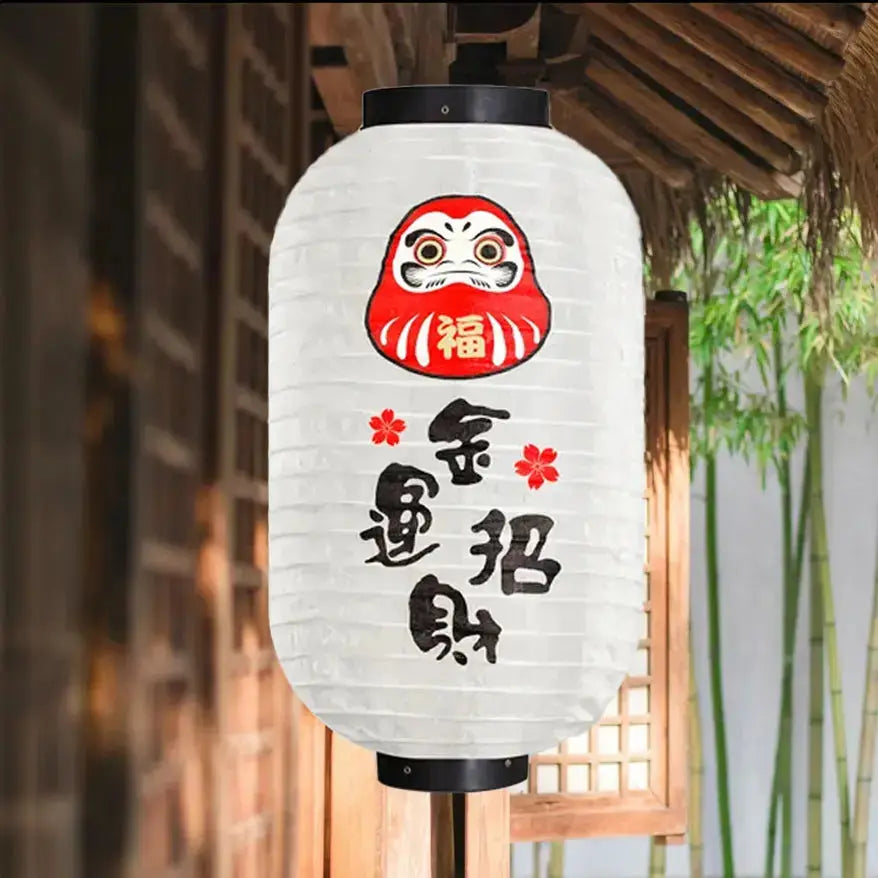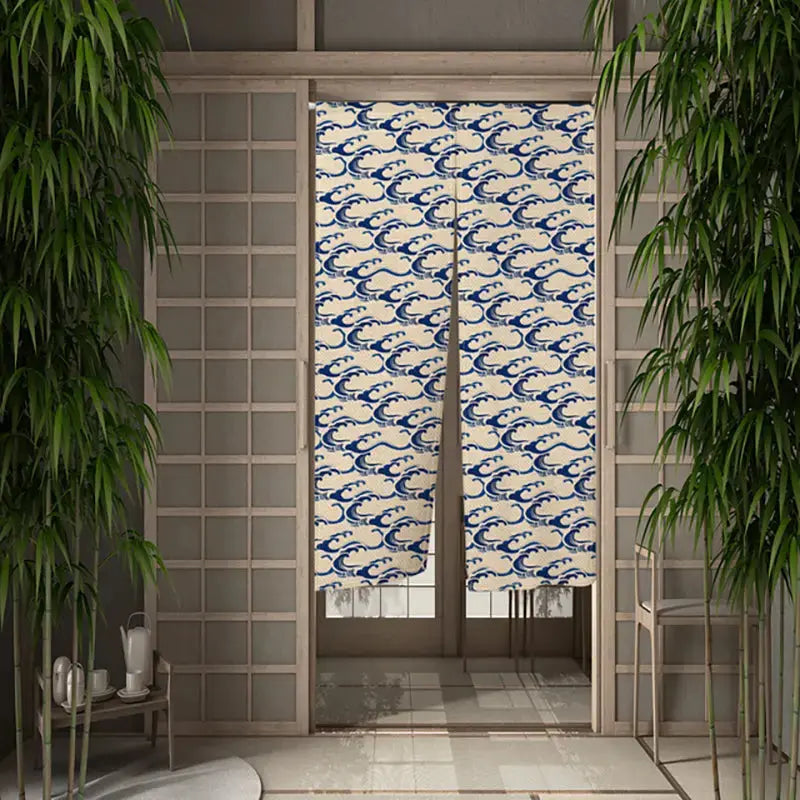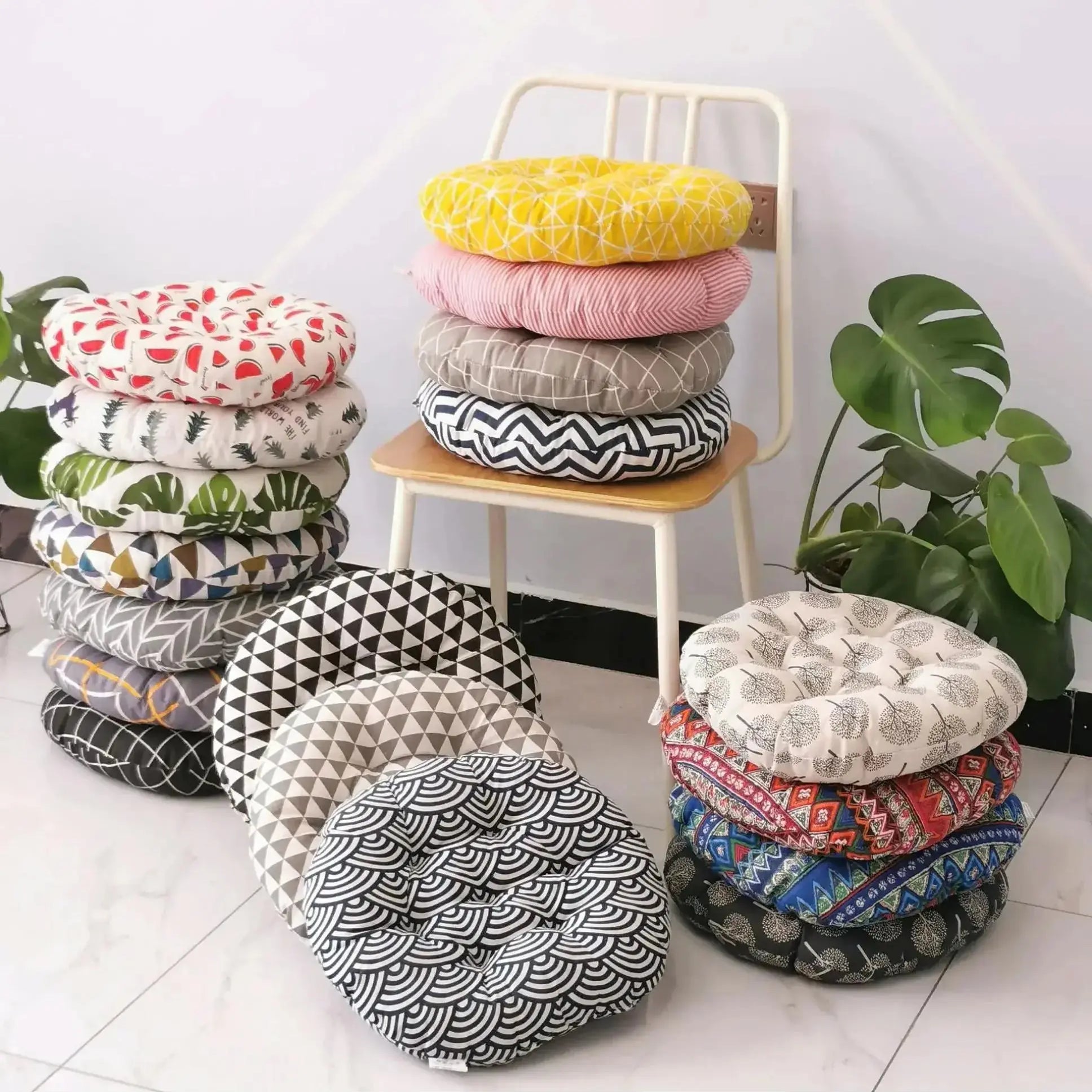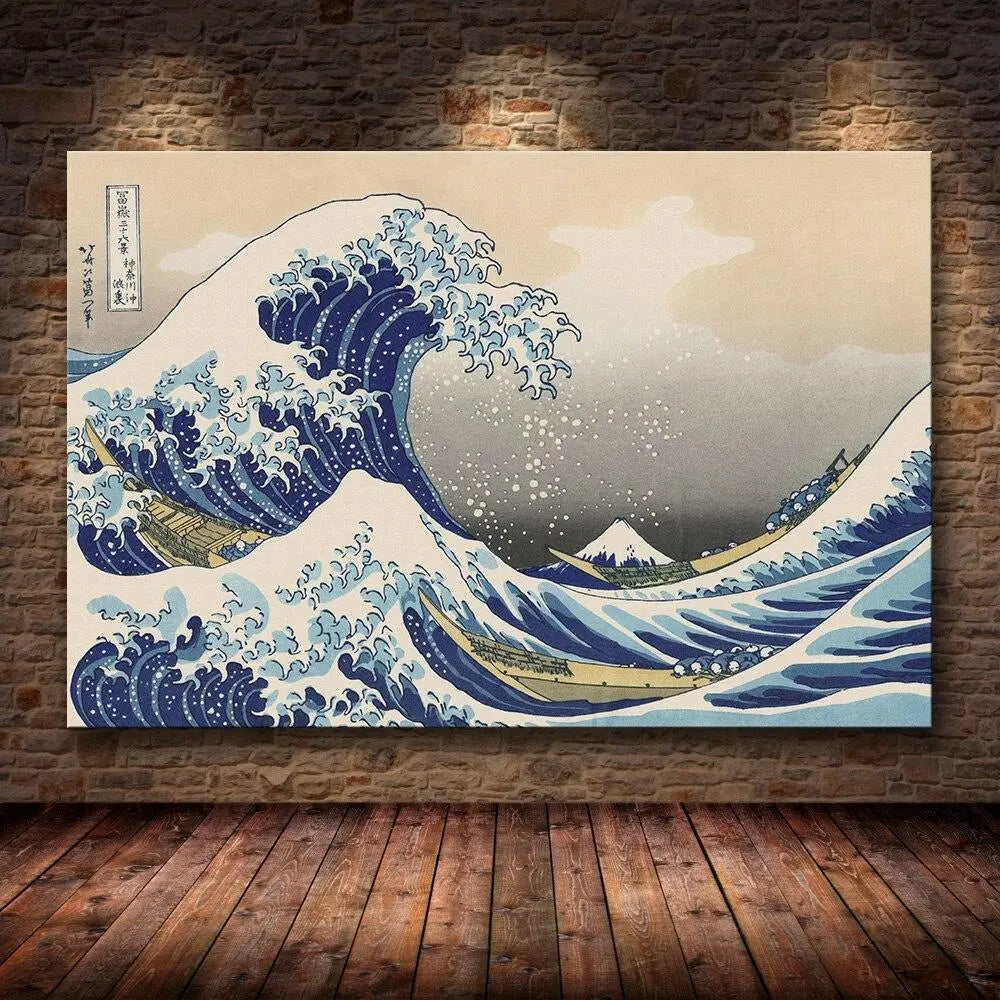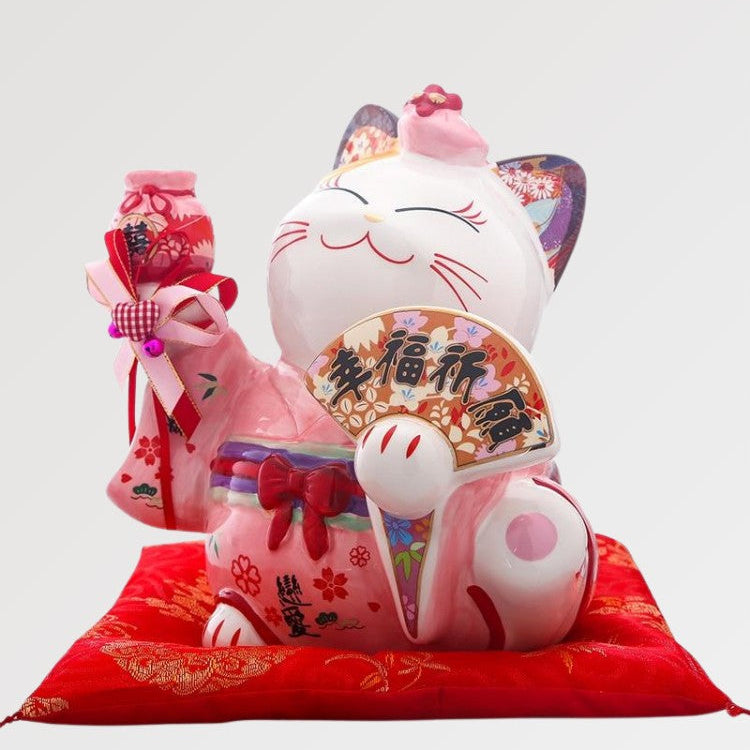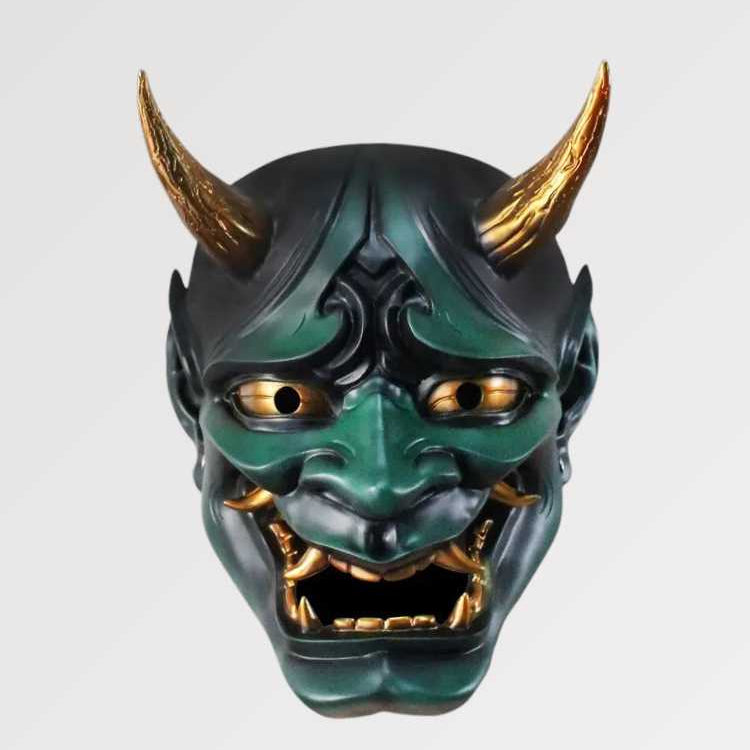J-pop (Japanese: ジェイポップ, jeipoppu; an abbreviation for Japanese pop), also known simply as pops (ポップス, poppusu), is a musical genre that entered the Japanese musical mainstream in the 1990s. Modern J-pop has its roots in traditional Japanese music, but significantly in 1960s pop and rock music, such as the Beatles and the Beach Boys, which led to Japanese rock bands such as Happy End to merge rock with Japanese music in the early 1970s. J-pop was further defined by the new wave and crossover fusion acts of the late 1970s such as Yellow Magic Orchestra and Southern All Stars, then Eurobeat in the early 1990s, namely Namie Amuro.
Eventually, J-pop replaced kayōkyoku ("Lyric Singing Music," the term for Japanese pop music from the 1920s to the 1980s) in the Japanese music scene. The term was coined by the Japanese media to distinguish Japanese music from foreign music and now refers to most Japanese popular music. Popular styles of Japanese pop music included techno-pop in the 1970s-1980s, city pop in the 1980s and Shibuya-kei in the 1990s.
If you've been listening to K-Pop for a while, you probably know that many of your favorite Korean idols have also released some hits in Japan. Maybe that's why many K-Pop fans started listening to J-Pop as well.
There are also many native Koreans who have fallen in love with the unique sounds of J-Pop. Although the sounds and concepts may be different from what you may expect, these groups have captured the hearts of Koreans and K-Pop fans. Let's find out the top 10 best J-Pop groups together:
1. Babymetal
Babymetal is a Japanese kawaii metal band. The group is composed of Suzuka Nakamoto as "Su-metal" (singing and dancing) and Moa Kikuchi as "Moametal" (screaming and dancing). The group is produced by Kobametal of the talent agency Amuse. Their vocals are backed by heavy metal instrumentation, performed by a group of musicians known as the "Kami Band" during performances.
The band was formed in 2010, with the original line-up of Su-metal (Vocal and Dance), Moametal (Scream and Dance), and Yui Mizuno as "Yuimetal" (Scream and Dance), with the concept of creating a fusion of heavy metal and Japanese idol genres. Originally, Babymetal was a sub-unit of the Japanese idol group Sakura Gakuin.
It became an independent band in 2013, after Nakamoto left Sakura Gakuin. Babymetal released their self-titled debut album in February 2014. Their second album, Metal Resistance, was released worldwide on April 1, 2016. Babymetal has also embarked on several tours, the majority of which are outside of Asia.
2. Scandal
Scandal is an all-female Japanese rock band from Osaka. Formed in August 2006 by four high school girls, they played street concerts until they were noticed and signed to the independent label Kitty Records. Although all four members are singers, their main roles are : Haruna on vocals and rhythm guitar, Mami on lead guitar, Tomomi on bass guitar and Rina on drums. In 2008, they released three singles and a mini-album while simultaneously touring the United States, France and Hong Kong. In October of that year, Scandal released their first major single, "Doll," on Epic Records Japan.
The group has performed the themes for several manga anime series, including "Shōjo S" and "Harukaze" for Bleach, "Shunkan Sentimental" for Fullmetal Alchemist: Brotherhood, "Pride" for "Star Driver" and "A.M.D.K.J." for "GeGeGe no Kitarō." With numerous overseas performances and anime songs, Scandal has built a considerable international fan base. The group have been nominated by fans around the world in the top 10 of the "Most Requested Artists" category of the J-MELO Awards every year since 2010, peaking at number one in 2014.
3. Perfume
Perfume is a Japanese pop girl group from Hiroshima Prefecture, Japan, consisting of Ayano Omoto ("Nocchi"), Yuka Kashino ("KASHIYUKA") and Ayaka Nishiwaki ("a-chan"). The group has been signed with Amuse, Inc. since 2003 and with Universal Music Group since 2012.
The group was formed in early 2000 at the Hiroshima Actor's School Talent Academy and debuted with their first Hiroshima local single, "Omajinai Perori", released on March 21, 2002.
It wasn't until 2008, when the group's seventh single, "Polyrhythm," which was chosen as the theme song for a recycling campaign by NHK, began to attract attention in Japan. The single reached number seven on the Oricon chart, becoming their first Top 10 single in Japan. Since then, all their subsequent songs, starting with their eighth single "Baby Cruising Love", have debuted in the Top 5 of the charts.
Perfume's first original studio album, Game, released on April 16, 2008, became their first number one album in Japan, and "Love the World", released on July 9, 2008, became their first number one single. With combined sales of singles and albums, the group has sold over 5 million records.
The J-Pop group formed with an original post-Shibuya-kei sound and then transitioned into contemporary electronic dance music that incorporates elements of synthpop, bubblegum pop, dance-pop, techno and house music. The group is also known for its highly crafted vocals, which make clever use of autotune, Harmony Engine and vocoders. Over the years, Perfume has been one of the most popular groups in Asian music.
4. AAA
AAA is a 5-member Japanese pop group signed to Avex Trax that debuted in September 2005. The name has a way of challenging everything and the band is marketed by its label as a "super performance unit".
The group was formed as a result of Avex auditions and originally consisted of five young men and three young women who had performed in commercials and had experience dancing for other Japanese stars, such as Ayumi Hamasaki and Ami Suzuki.
5. Sakura gakuin
Sakura Gakuin is a Japanese idol group formed in 2010 by the talent agency Amuse. The group usually has between 10 and 12 members at a time, ages 10 to 15. On the theme of the club's school life and extracurricular activities, when the school year ends at the end of March, the group releases an annual studio album, new members "transfer" into the group, and others who finish compulsory education "graduate," or leave.
Members of the group also belong to one or more of its subunits, which are modeled after the school's after-school clubs. Each club performs with its own theme and musical genre, and their music may be included on the main group's albums or released as a separate single. The group will disband in August 2021.
6. Morning Musume
Morning Musume '20, formerly simply Morning Musume and more commonly known as Momusu, is a Japanese female idol group, holding the second highest selling singles (by a female group) on the Oricon charts as of February 2012, with the Oricon record for the top ten singles and they have sold over 21 million copies in Japan alone.
Morning Musume was formed in 1997 by rock singer-songwriter-turned-record producer Tsunku, who went on to compose the vast majority of the group's songs over the decade. They are the main band of Hello! Project, which specializes in pop music, combined with dance performances. The group has produced several side bands and often collaborates with other Hello! Project groups, including Country Musume, Berryz Kobo, Cute, Melon Kinenbi and v-u-den.
The group's name can be translated as "Morning Girls" or "Morning Daughters" as the name suggests, it is composed of members who are mostly in their late teens and early twenties. The average age of the group's members has remained more or less unchanged since its inception as the group maintains a "school-like" system for its ongoing membership changes, with older members "graduating" and new, generally younger members being selected from national auditions admitted to the group almost every year.
7. Ikimonogakari
Ikimonogakari is a Japanese pop rock band from Kanagawa Prefecture, Japan. The band started in February 1999 with Hotaka Yamashita and Yoshiki Mizuno, and was joined by singer Kiyoe Yoshioka in November of the same year. The name of the group refers to ikimono-gakari, a group of children who are in charge of taking care of plants and animals in Japanese elementary schools.
In 2006, the group released their first single on Sony Music Entertainment Japan's Epic Records. Several of their albums have reached #1 on the weekly Oricon charts and their songs have been featured in various media: television commercials, anime such as Naruto Shippuden, Japanese television series such as Women Won't Allow This, the theme song for the 2012 Olympics for NHK, and the centerpiece of a national music competition for high school students.
8. Cute
Cute was a Japanese idol girl group associated with Hello! and produced by Tsunku. Cute consisted of Maimi Yajima, Saki Nakajima, Airi Suzuki, Chisato Okai and Mai Hagiwara, who were all members of Hello! Project Kids before the group was formed. The original group was also composed of Hello! Project Kids members Megumi Murakami and Erika Umeda, as well as Hello! Project member Kanna Arihara, before they left.
After releasing a series of independent hits, Cute made their major debut in 2007 with "Sakura Chirari" and won the Japan Record Award for Best New Artist that year. All of the group's major singles have debuted in the top 10 of the Oricon Weekly Singles Chart.
9. E-girls
E-girls (an acronym for Exile Girls) is a Japanese girl collective created and managed by LDH while being signed to the music label Rhythm Zone from Avex. As of 2017, the group consists of 11 members, 8 of whom are current members of Happiness and Flower. In addition, three original members were spotted in Japan and added to the group.
Formed as a sister group to boy band Exile, E-girls debuted in 2011 with their single "Celebration." After a series of promotional recordings, E-girls released their debut album Lesson 1 two years later. In 2013, their single "Gomennasai no Kissing You" catapulted the girls to commercial success, selling over 100,000 copies, and their parent album Colorful Pop (2014) received positive reviews and topped the Oricon album chart.
Beginning as a Japanese idol group, the E-girls have diversified and designed a variety of different appeals and cultures as their career has progressed, and have become one of the most prominent girl groups in Japanese music. In addition, their musical style, which began with soft J-pop and electro, began to develop as subsequent albums were released. Since their debut, three sub-units have been formed by members chosen from among the E-girls, and have explored both music and fashion. The group plans to disband at the end of 2020.
10. AKB48
AKB48 (pronounced A.K.B. Forty-Eight) is a Japanese idol group named after the Akihabara district of Tokyo, where the group's theater is located. AKB48's producer, Yasushi Akimoto, wanted to form a girl group with its own theater and performing daily so that fans could always see them live.
AKB48 has been characterized as a social phenomenon within the music industry and is one of the highest earning music groups in Japan. For example, their record and DVD/Blu-ray sales in 2012 reached $226 million, which earned the group the number one spot in the 2012 artist charts. As of April 2019, the group has sold over 60 million records, including over 6 million albums.
At least 35 AKB48 singles have topped the weekly Oricon singles chart, with at least 30 singles selling over 1 million copies each, making them the best-selling music group in Japan in terms of singles sold. Their best-selling single, "Teacher Teacher," has sold over 3 million copies in 2018 according to Billboard / Soundscan. All this makes them the J-Pop group with the most listeners!
